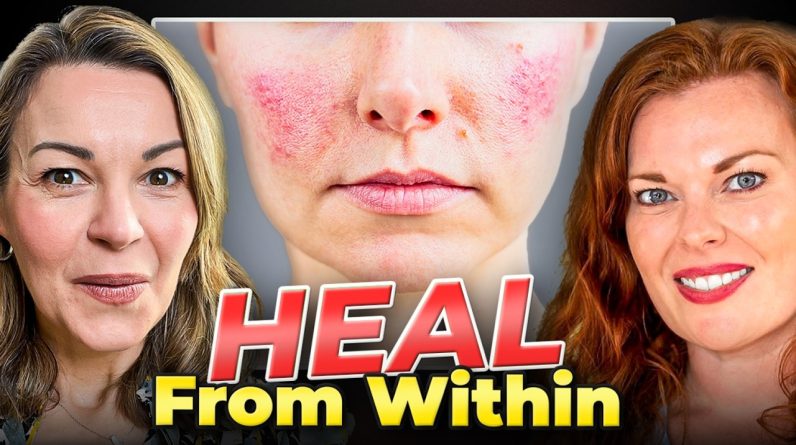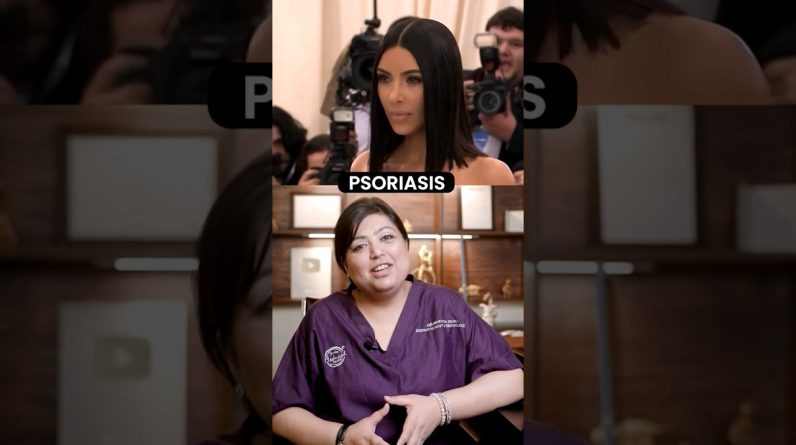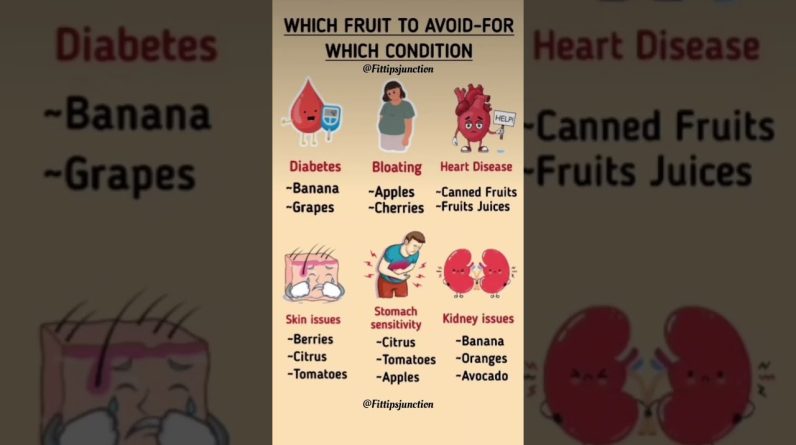Eczema vs. Psoriasis. In the US, over 37 million people either have psoriasis or eczema. Both can cause skin to be dry, red, itchy and inflamed.
Eczema vs. Psoriasis. Dr. Freda Lewis-Hall, Pfizer’s Chief Patient Officer explains the difference, and shares what your skin may be telling you about your health.
In the US, over 37 million people either have psoriasis or eczema. Our good friend and colleague Dr. Freda Lewis-Hall, chief patient officer at Pfizer is here to let you know what your skin may be telling you about your health.
Well, you a lot of people often confuse psoriasis and eczema, because both can cause skin to be dry, red, itchy and inflamed, but they’re caused by different factors, they require different treatment, so really getting the diagnosis right is key.
Psoriasis, an autoimmune disorder
So important. First up, psoriasis, an autoimmune disorder that affects the body as a result of an overactive immune system. With psoriasis, the immune system causes the body to make new skin cells in days, rather than weeks.
These extra cells build up and form red patches covered in thick, silvery scales. And these patches often appear on the elbows, knees and scalp, but it doesn’t only attack the skin, your nails may become thick, pitted or even ridged.
You may also experience swollen and stiff joints with this. – Yep, so next up, eczema. So atopic dermatitis is the most common type of eczema. Now, it generally appears on the skin where the body bends.
So at the crook of the knee, on the inside bend of the elbow.
And with psoriasis there may be mild itching, but with atopic dermatitis, the sensation of itching and the urge to scratch are typically much more intense.
Neither of these conditions are contagious
It’s important to mention that neither of these conditions are contagious. And that skin diseases can be a part of a larger problem. Some people with psoriasis are at a higher risk for many conditions including cardiovascular disease, arthritis, obesity, and emotional problems.
Dr. Freda, who is at risk for these particular skin conditions? – So, atopic dermatitis can affect anyone at any age, but it’s most common in babies and children, and is usually diagnosed before the age of five.
Psoriasis is generally diagnosed later in life.
Psoriasis is generally diagnosed later in life. It too can affect people of any age, but is most common in people mid 40s to mid 60s. – And the exact cause of psoriasis and eczema, it’s unknown but genetic and environmental factors certainly may play a role in both.
To manage symptoms of atopic dermatitis, talk to your health care provider and try to identify and certainly avoid your triggers. – Absolutely and developing really good skincare habits, is very important.
So you wanna keep your skin moisturized with non-irritant products. Make sure when you’re bathing, that it’s warm water, not hot water. Avoid detergents that have fragrances in them ’cause that may exacerbate it.
know the signs of infection
And then last but not least, we wanna make sure that you know the signs of infection and that you make sure to monitor for those. – Really good point. And for psoriasis, quitting smoking, limiting stress and keeping your skin from drying out may help and although there is no cure for psoriasis or eczema yet, talking to your doctor can help ensure you have the right diagnosis, and the right treatment for your condition.
And I wanna mention one other thing before we go. Skin conditions like this can cause people to become socially withdrawn, to develop low self-esteem, or depression, but it doesn’t really have to be that way.
Education and awareness, are really beginning to take hold and to destigmatize skin diseases. Just for an example, the reality star Kim Kardashian West has recently come public with the fact that she has psoriasis, which is a condition that she has in common with her mother Kris Jenner.
Eczema Types And Their Symptoms
Eczema is one of the most common skin conditions faced by a large majority of people all over the world and even more in the industrialized nations. However the most frequent and common problem faced by eczema sufferers is identifying their disease. This often leads to delay in the treatment which in turn aggravates the condition. This article aims at helping eczema patients identify the specific type of eczema they are suffering in a concise but informative way.
Eczmea Natural Remedy to Treat Eczema on Your Face and Avoid Using Prescription Drugs (Much Cheaper)
Do you have eczema on your face and want to treat it with a natural remedy that won’t cost a bundle? Read on for some tips to relieve the itch and the swelling while helping your body recover naturally.
Eczema Natural Remedies – How to Use Food Correctly for Healing Eczema and Avoid Flare Ups
Do you wonder if certain food can be the cause of flare-ups of your eczema? Yes, they can and I will explain it all here.
Eczema in Babies and Toddlers
Eczema in babies and toddlers is usually much more severe than it is in adults so treatment should be at least as aggressive. Fortunately, most children stop having outbreaks by around age 6, although they can recur later in life. Usually these later occurrences aren’t as severe as childhood eczema though.
Eczema Free Forever Review – Should You Buy It?
Over the years, a lot of products have emerged claiming to be the wonder cure for eczema and yet time and time again it fails to deliver and live up to its hype. And yet again, a product called ‘Eczema Free Forever’ is currently creating a buzz in the health and fitness industry. So is this just another one of those overly-hyped up products that will again disappoint people?
Natural Remedy for Eczmea – How to Stop the Itch on Your Skin and Start the Healing Process (Fast)
Do you hate the itching that causes you to scratch constantly and make your eczema worse? Would you like to know how to soothe it? Here you will learn the steps you can take right now to stop the itch on your skin.
Eczema Natural Remedies – How to Treat Eczema on Your Hands Using Only Natural Methods (Easy Tips)
Do you hate having eczema on your hands and are looking for a natural remedy that will reduce the itching and swelling? Read on to find some easy tips to start the healing process.
Food Reaction – Typical Reason for Eczema
Among the many factors that possibly cause Eczema, one of the primary factors is food allergies. This disorder is commonly called atropic dermatitis and causes redness, possibly blisters, itchiness and possible a scaly look on the skin.
Eczema Vs Psoriasis
Although they are both skin conditions, by assessing the areas of the skin that are affected, it is possible to see what the differences between these two skin complaints are. They are both types of dermatitis, which simply means ‘inflammatory conditions relating to the skin.’
Eczema Free Forever Reviews – The One Product That Will Get Rid of Your Eczema for Good
Eczema also called dermatitis is an ailment that affects the skin. Eczema can affect anyone regardless of age. The diseases intensity can vary.
Eczema in Babies – Skin Care Tips
First consult with your pediatrician. Getting diagnosed early and treatment will help determine the severity of your baby’s eczema and treatment needed. If you are nursing your baby, continue to do so. Also watch to see if certain foods you eat, may contribute to their eczema breakout such as milk, soy, wheat, etc.
Controlling Eczema – Looking for Triggers
Controlling Eczema – Looking for Triggers Eczema can become a nightmare that takes over your life if not controlled properly. The constant need to itch that never goes away alleviated only by short, sometimes very short periods of relief when under the shower or in a bath or some other means you may have found. Whilst controlling eczema can be difficult, it is far from impossible (although it may seem that way sometimes).
This information about Eczema vs. Psoriasis and the video used is highly recommended by Eczemanews.com as experts to follow on your path to healthier living. We suggest you navigate to their video and like and subscribe for further updates they may have on this subject.
Contents








